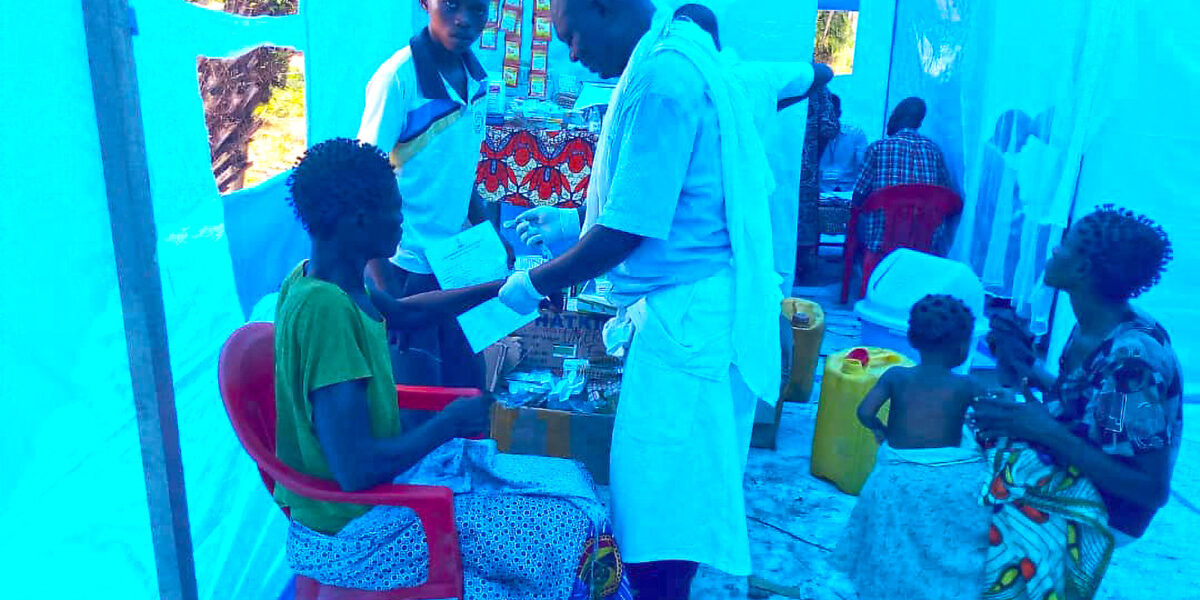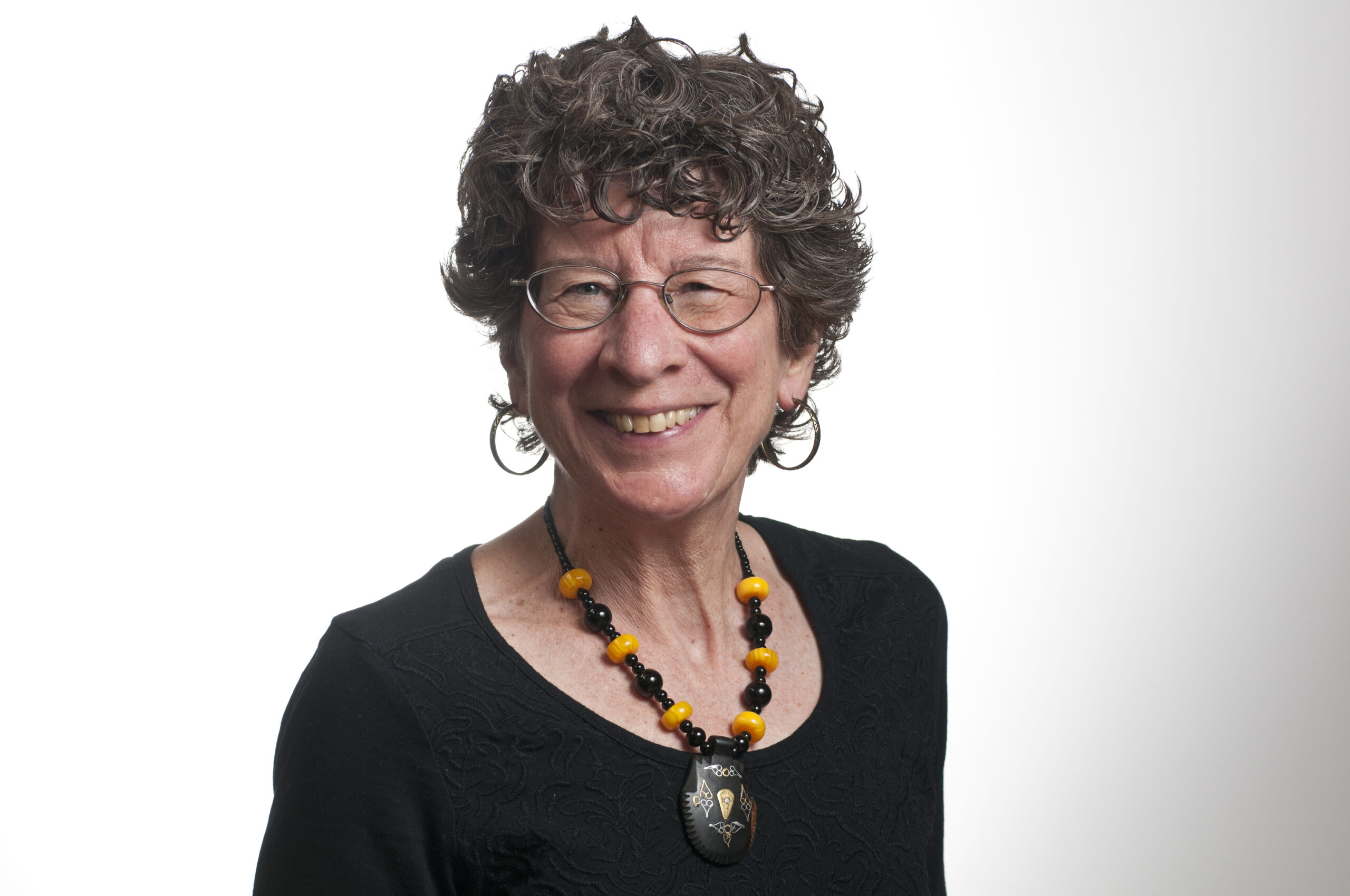Mennonite Church of Congo organized a medical intervention for a city destroyed by a November storm. This proved to be a training ground for their response to COVID-19 where cases are rapidly increasing.
ELKHART, Indiana (Africa Inter-Mennonite Mission/Mennonite Mission Network) — A March medical clinic organized by Communauté Mennonite au Congo (Mennonite Church of Congo) proved to be a training ground for the looming challenge that confronts the Democratic Republic of Congo as COVID-19 assaults the capital city of Kinshasa.
The need for medical care was urgent after a severe storm destroyed much of the city of Ndjoko Punda in November 2019. The storm directly killed 16 people. But hundreds more died in the months that followed due to malaria and gastro-intestinal disease compounded by inadequate nutrition and the destruction of the health infrastructure.
Mennonite Mission Network partner Africa Inter-Mennonite Mission (AIMM) contributed $30,000 to help Congolese Mennonites purchase medical supplies and recruit personnel for the relief effort, called Urgent Mennonite Aid to combat Epidemics and assist Refugees (UMER). The UMER medical team, headed by four Congolese Mennonite doctors, worked in blue-tarp shelters in two locations because the Ndjoko Punda hospital was destroyed in the storm. Set-up began Mar. 2 and two days later they were ready for patients. Treatment continued through Mar. 13. UMER left the shelters, stocks of medicine, and lab equipment for local medical staff to continue the work.
National television and newspapers covered UMER’s intensive two-week clinic that treated 2,224 people, nearly half of them suffering from malaria. They also saw cases of diarrheal diseases, acute respiratory infections, typhoid fever and flu, among other conditions. Joseph Nkongolo, who served as UMER administrator, said that he was surprised to discover the prevalence of diabetes in the patients they served (40 cases).
"We offered a quality intervention that was highly appreciated at all levels — patients and their families, the local church, and the municipal government," Nkongolo said. "We discovered 373 cases that require surgeries, things like hernias and ovarian cysts. The people of Ndjoko Punda asked that we return to help them with this second stage of care."
Ndjoko Punda originated in 1912 as the first station for Congo Inland Mission, predecessor of AIMM. Brick buildings that offered services to the residents of Ndjoko Punda for decades — the hospital, health centers, churches and schools — were destroyed during torrential winds and rain Nov. 22. More than 100 public buildings and 1,700 homes collapsed, hundreds of people were injured, and 16 died.
Nkongolo said that they didn’t know it at the time, but it seems that the two-week clinic in Ndjoko Punda was preparing them for a rapid response to the COVID-19 crisis. Congo’s Ministry of Public Health reported the country’s first case of COVID-19 on Mar. 10 in a person who arrived from France.
Mennonite Church of Congo is sponsoring radio broadcasts encouraging their communities to practice good hygiene and physical distancing as much as possible where households often have 20 or more people.
Nkongolo and head UMER doctor, Chuck Kamassa, are organizing Mennonite Church of Congo’s medical response to COVID-19.
"We hope to provide a rapid response like Doctors Without Borders where we can go to hardest hit communities," Nkongolo said.
Nkongolo also helped in the administration of the 2017 coordinated relief effort of nine Mennonite agencies in Europe and North America after armed conflict displaced waves of people in the Kasaï Provinces, among them thousands of Congolese Mennonites. He continues to accompany the displaced families as they rebuild their lives through agriculture and hog-raising projects and in the construction of a school in Mukaya.
AIMM Executive Director Rod Hollinger-Janzen praised Mennonite Church of Congo’s vision.
"I’m really encouraged to see the national church organize, mobilize, and respond to a crisis situation in this way," Hollinger-Janzen said. "This is a sign of the church in action, responding to Jesus’ command to love our neighbors as ourselves."








